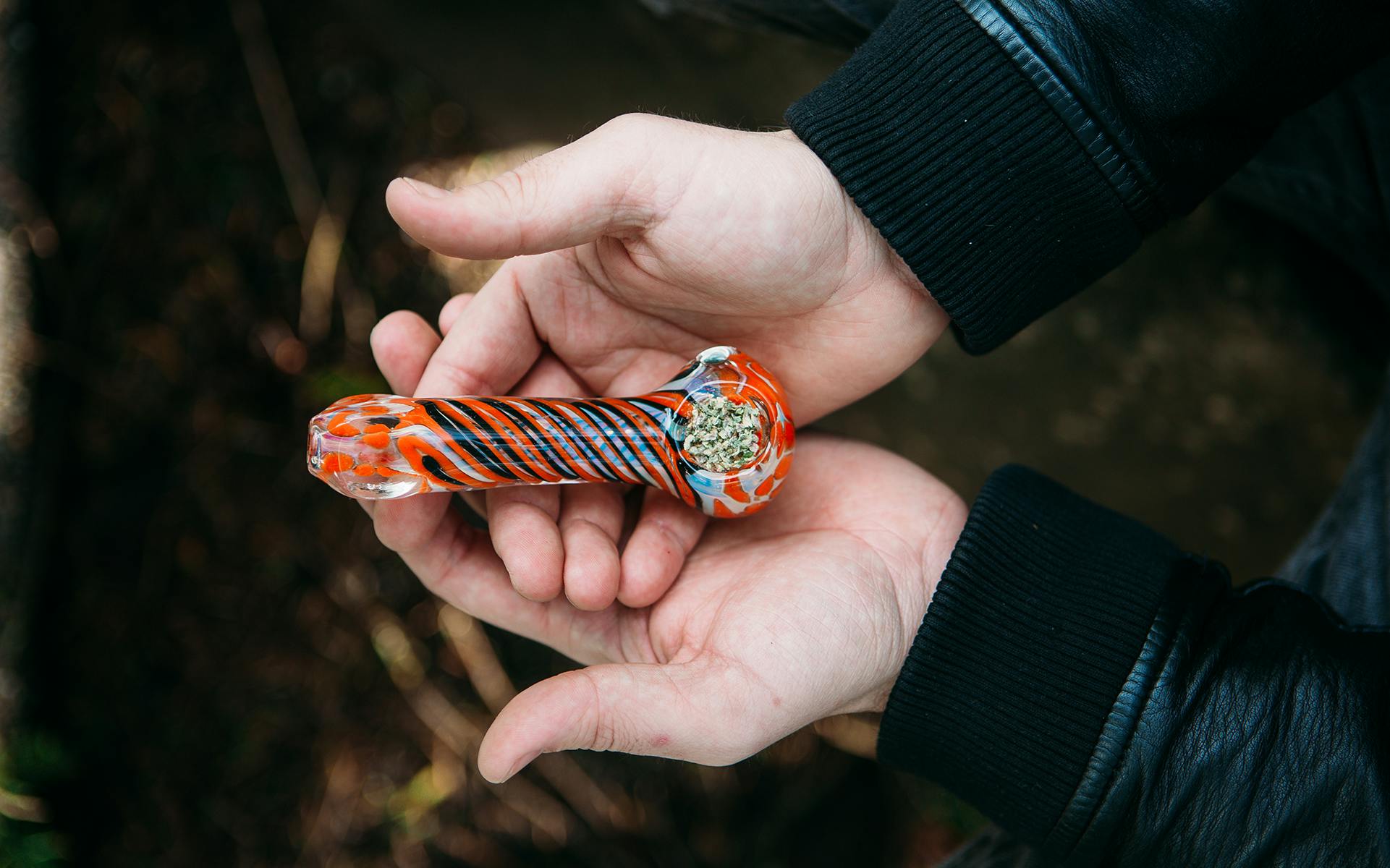The doors to Virginia’s medical cannabis system are now open.
Late last week, Virginia Gov. Ralph Northam signed a bill into law that drastically expanded the state program, allowing patients to use cannabis oil to treat any diagnosed medical condition. Prior to the change, only patients with intractable epilepsy could use cannabis without fear of criminal penalties.
The move transforms Virginia from one of the country’s most exclusive medical cannabis states to one of the most accessible.
The legislation signed Friday by the governor—passed as House Bill 1251 and Senate Bill 726—allows any physician to recommend cannabis treatment. (Under the previous law, only neurologists and epilepsy specialists could make such recommendations.) It also increases the amount of cannabis oil that patients can purchase from any of the state’s five approved producers.
Thanks to an emergency clause in the legislation, the law takes effect immediately.
“Those who suffer from intractable epilepsy have already seen the benefits of cannabidiol oil and how it can improve their quality of life,” one of the law’s chief backers, state Delegate Eileen Filler-Corn, told the local News Leader newspaper last month, after the legislation won overwhelming support in the House and Senate. “These bills,” she said, “will allow more Virginians to benefit from cannabidiol oil, as well.”
Under the new law, patients will have access to cannabis oils containing the cannabinoids CBD and THC-A, neither of which creates the classic, intoxicating “high” traditionally associated with cannabis. Language in the law limits THC, the primary psychoactive component in cannabis, to concentrations of less than 5%.
The new law also preserves the state’s prohibition of cannabis flower, edibles, and other cannabis products. Only oils are permitted.
While the rules appear designed to keep patients from getting high, cannabis experts note that individuals can easily convert non-intoxicating THC-A into active THC through a process known as decarboxylation—which involves, essentially, gentle heating.
The resulting product presumably wouldn’t be allowed under state law, as it would contain more than 5% THC. But ready access to THC-A oil could open the door to homemade products that some patients could find useful. After all, THC offers some medical effects—such as appetite stimulation, which can be helpful for patients undergoing chemotherapy—that can’t be obtained through THC-A or CBD.
It’s important to note that the state law does not technically legalize cannabis. Rather, it provides an affirmative defense for medical patients, effectively immunizing them against penalties for possession and consumption.
According to the News Leader, patients should take the following steps to minimize legal issues:
Print the Affirmative Defense Certificate.
Take it to your physician and ask your doctor to sign it.
Keep the signed certificate with your oil at all times.
Present your certificate if questioned by law enforcement.
If not accepted and charged with possession, call an attorney or ask for court-appointed counsel.
Present your signed certificate 10 days prior to trial as directed.
Correction: An earlier version of this story misidentified state Delegate Eileen Filler-Corn as Eileen Corn-Fisher. Leafly regrets the error.







